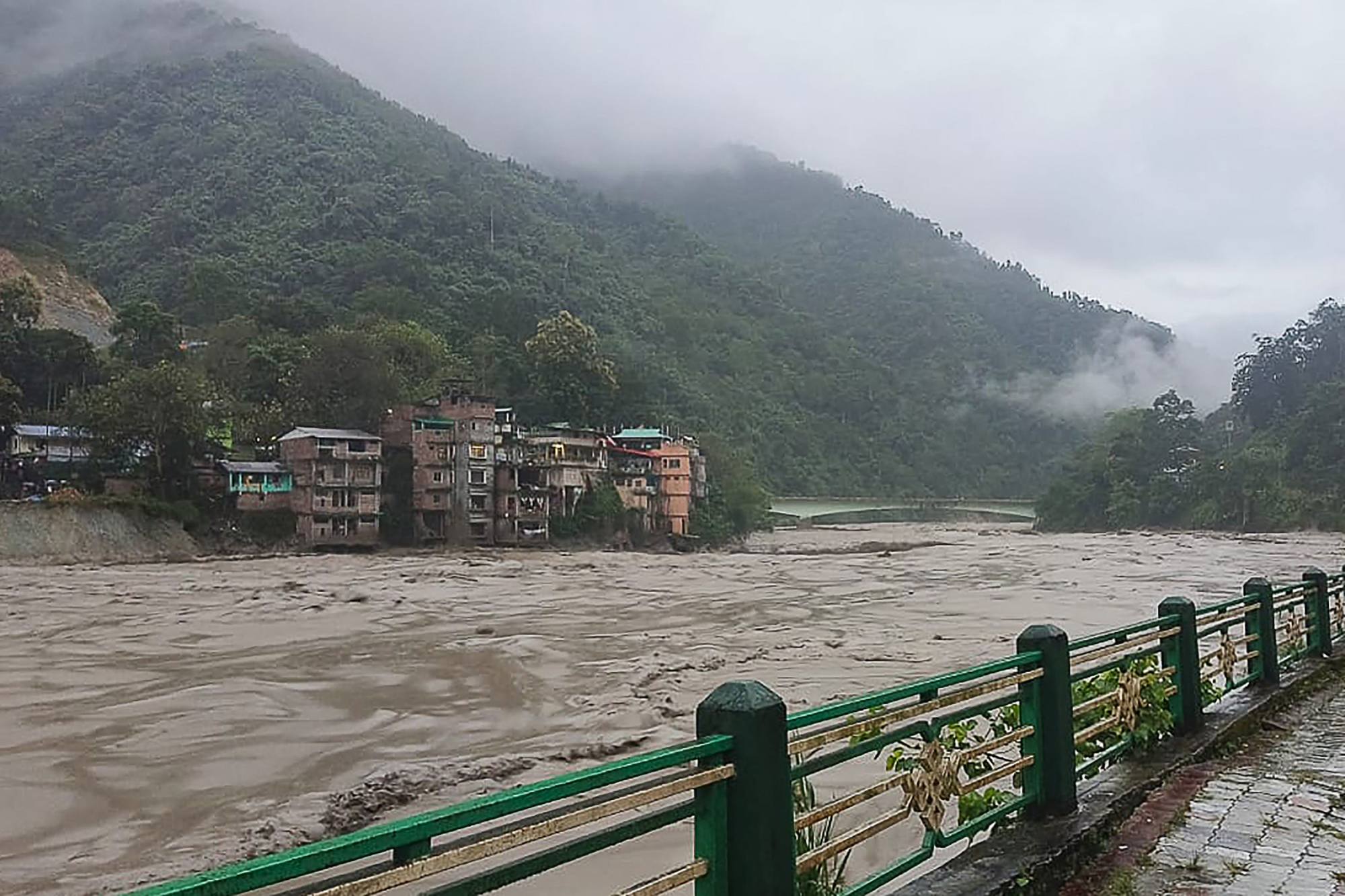[ad_1]
The different two constituents, India and Bangladesh, are power-hungry nations which have confronted vitality shortages in current instances and are transitioning in direction of greener vitality sources. Apart from this, these nations even have excessive seasonal complementarities of their vitality calls for which make cross-border electrical energy commerce an interesting coverage selection.
India’s electrical energy commerce pointers have emerged in tandem with the rising cross-border electrical energy commerce between BBIN nations. Through masterful legalese, the approval procedures beneath this coverage prohibit the commerce of electrical energy through the Indian electrical grid with initiatives which are linked to investments or involvement from China.

Interestingly, two of those 4 initiatives had been initially given to Chinese companies. Last 12 months, Nepal’s former prime minister Sher Bahadur Deuba mentioned, “India won’t buy electricity from the West Seti hydro project if it’s built by Chinese companies, so I am going to give it to India.”
The coverage shift from New Delhi appears to be constraining the choices for the Himalayan nations as they appear to additional develop their hydropower potential into an exportable useful resource. The query that wants asking is whether or not this coverage is resulting in outcomes that present vital geopolitical features. I consider that isn’t the case.
First, by making a disincentive for the entry of Chinese funding within the hydropower sectors in Nepal and Bhutan, it locations the burden of improvement of such initiatives on Indian energy corporations. With native banks having inadequate debt-financing capabilities, many of the undertaking funding for such capital-intensive initiatives goes to must be borne by the Indian aspect.
Why Bhutan’s tilt towards China may ‘significantly change’ regional dynamics
Why Bhutan’s tilt towards China may ‘significantly change’ regional dynamics

Second, since most of the energy initiatives being in-built Nepal and Bhutan are for export and never inside consumption, there are few features for native populations. These similar folks undergo disproportionately as the development of those infrastructure initiatives may cause mass displacement.
If geopolitics is the target of this coverage selection, then the delicate energy features from hydropower building are minimal. New Delhi can be higher off supporting mega-projects that enhance the lives of native populations and assist construct its public credibility.
Even if the coverage selection was prompted by issues about vitality safety, India has extra to lose from monopolising the ability market within the BBIN hall than it has to achieve from permitting a liberal and aggressive cross-border electrical energy commerce framework to develop.
In conclusion, India’s coverage selection to limit Chinese involvement in energy initiatives within the BBIN area appears ambiguous in its goals. It seems that the coverage makes an attempt to hit geopolitics and vitality safety with one stone however has missed the mark on each.
Hydropower initiatives which are capital-intensive, slow-moving, accident-prone, stir native opposition and supply restricted advantages to native populations usually are not a prudent use of assets for bolstering geopolitical clout. Likewise, undermining the event of a liberal marketplace for cross-border electrical energy commerce within the area limits features in direction of vitality safety. New Delhi should fastidiously replicate on this coverage to forestall it from being a geopolitical misstep.
Harris Amjad is an impartial analyst on South Asian geopolitics and human safety points
[adinserter block=”4″]
[ad_2]
Source link